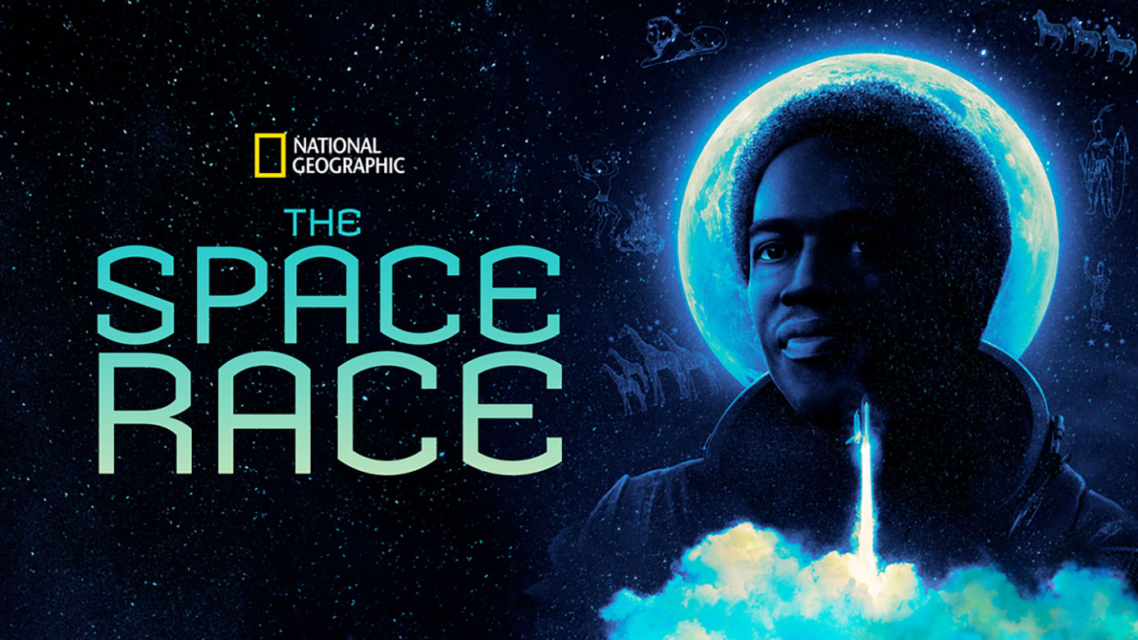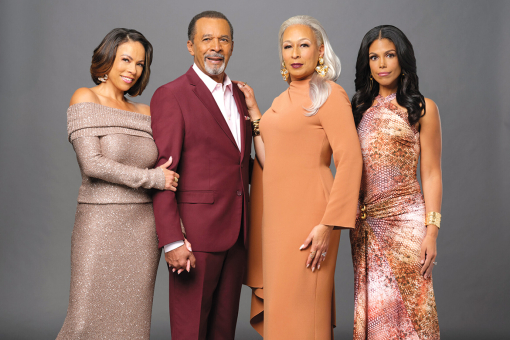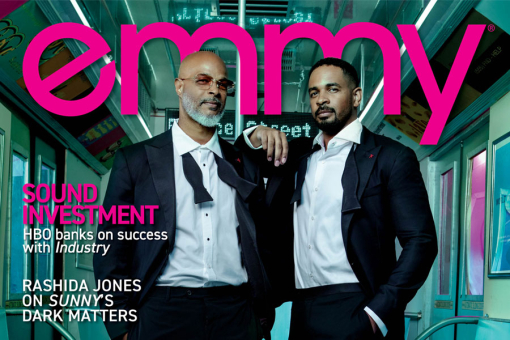National Geographic's fascinating documentary, The Space Race, introduces viewers to the rare group of Black Americans who've traveled to the cosmos — but the film's origin story begins in Cuba.
"This is one of those documentaries where you start with an idea that's focused," says Diego Hurtado de Mendoza, who directed and produced Space Race alongside Lisa Cortés, who won an Outstanding Documentary Emmy in 2020 for The Apollo. "Characters start revealing things, and take you in a different direction."
While combing through Cuba's national film archives for an unrelated project, Mendoza discovered Arnaldo Tamayo Méndez — the first person of African descent in space. Méndez was a cosmonaut on the Soyuz 38 mission for the Soviet Union in 1980, which was three years before Guion Bluford made history as the first Black American to leave Earth. This research point gave the historic "space race" between the U.S and the Soviets an entirely new meaning for the filmmakers. "We started pulling the threads," Mendoza explains. "Our idea was, 'What was going on in the U.S. to lose that race?"
More than most of us ever knew, as it turns out.
Packed with interviews from Black space pioneers such as Bluford, NASA's first head administrator, Charles Bolden, and retired astronaut Leland Melvin, Space Race profiles the many unsung contributors to America's space program. It also reveals the long, often frustrating path that "afronauts" traveled for inclusion.
"It's this history that's been hidden for so long, and now it's coming to light," says Melvin, who served as a producer on The Space Race. A former mission specialist on the Space Shuttle Atlantis, Melvin proved instrumental in gaining Mendoza and Cortés access to both hard-to-get footage and Melvin's tight-knit community of fellow Black astronauts. "I [saw] people [watch Space Race] in theaters crying," he recalls, "because they just didn't know. We need a movie like this to help kids say, 'I can do that.'"
Space Race offers up more than just compelling history, placing the relationship between Black Americans and outer space in a wider cultural context. Exploring Afrofuturism through author Octavia Butler's sci-fi, the galactic funk of George Clinton and LaBelle, and the seismic impact of the late Nichelle Nichols as Star Trek's Uhura, Space Race makes the case that — despite being shut out of the American space program — Black people have, ancestrally speaking, always been connected to what lies beyond the stars. "It was important for us to set up the idea of travel, transportation and an African connection to the cosmos," says Cortés.
Space Race even addresses a pervasive criticism about space exploration within the Black community, using footage of civil rights organizer Ralph Abernathy leading a 1969 protest outside the Kennedy Space Center days before Apollo 11 lifted off for the moon. The thinking among Black Americans, both then and now, being: Why spend billions going to space when Black people need jobs, housing, education and health care here on Earth? "There are serious issues that plague our community on the ground," Cortés says, "but we have to have one foot on the Earth and one foot in the cosmos, because that's where the future is."
Melvin, who spent more than 500 hours in space on his two flights, agrees. He argues that the very question is connected to the whole point of Space Race: to make people aware that Black engineers, scientists and astronauts have always existed. Moreover, they deserve to be included in every new frontier.
"As a people," Melvin explains, "we were always explorers. We have always looked to the night sky for navigation, or for just feeling connected to the universe. This demonstrates what we're capable of doing — the power of what is possible. Our kids need to see that you can do anything."
The Space Race is streaming now on Hulu and Disney+.














